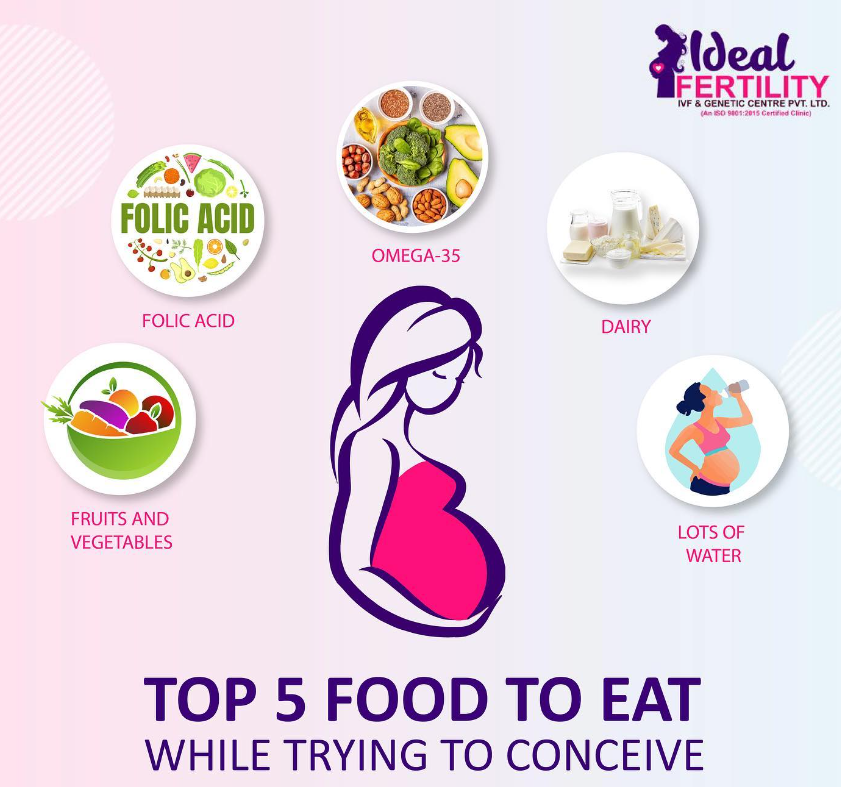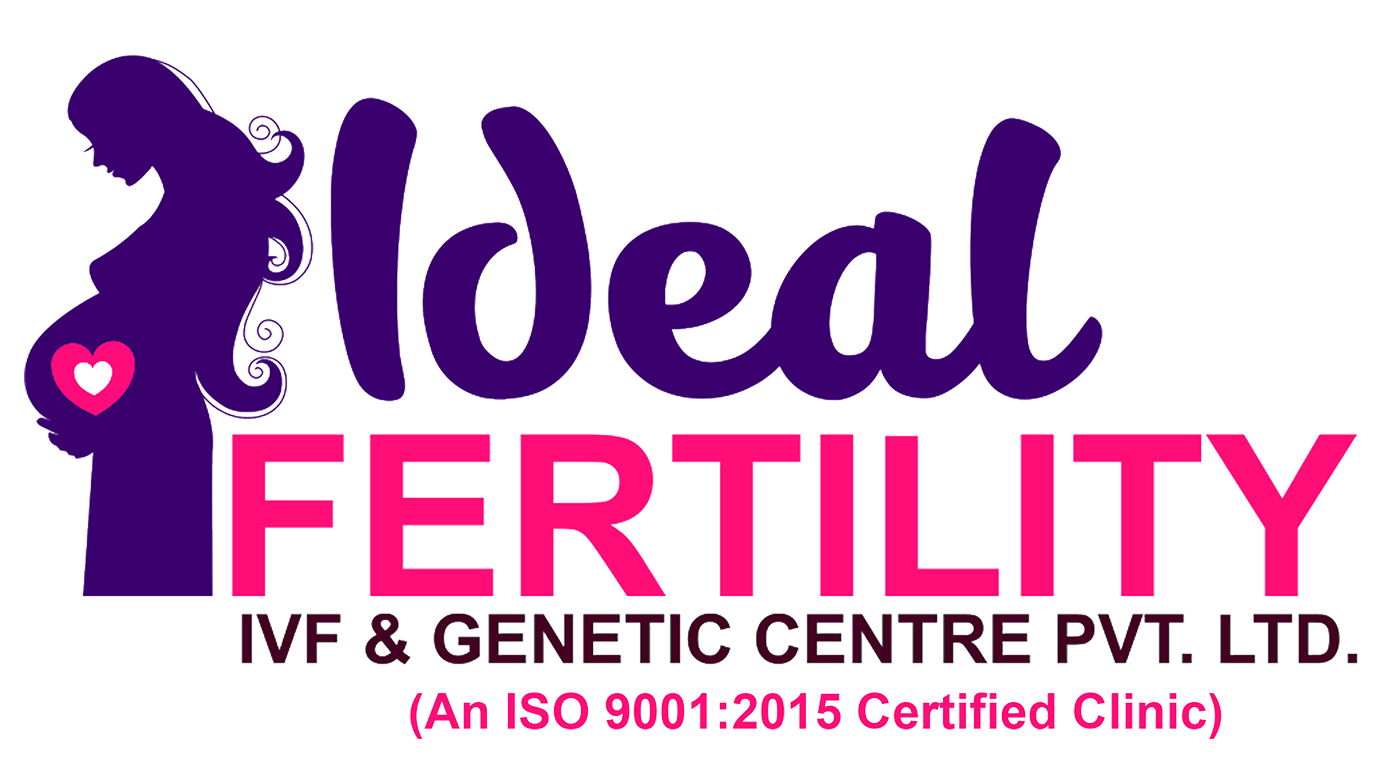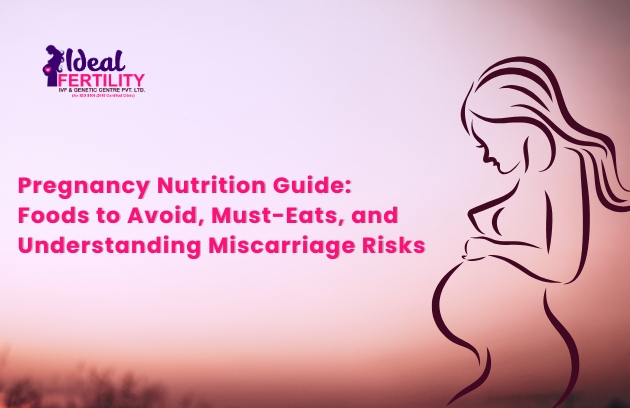Table of Contents
Pregnancy is a transformative journey marked by excitement, anticipation, and care. For expectant mothers, nutrition plays a vital role in ensuring the health and well-being of both the mother and the developing baby. While consuming nutrient-rich foods is crucial, it’s equally important to know what foods and drinks to avoid to minimize risks and ensure a healthy pregnancy. Furthermore, understanding common causes of miscarriage in India can empower women to take informed steps during this critical phase.
Here’s a comprehensive guide on what to avoid, what to include in your diet, and the factors that contribute to miscarriages.
Foods and Drinks to Avoid During Pregnancy
Pregnancy demands heightened vigilance about what goes on your plate and in your cup. Certain foods and drinks can pose risks to the mother and baby due to their potential to cause infections, food poisoning, or developmental issues.
-
High-Mercury Fish
• Fish such as shark, swordfish, king mackerel, and tilefish contain high levels of mercury, which can impair a baby’s developing nervous system. -
Raw or Undercooked Seafood and Meats
• Sushi, sashimi, and undercooked meats may harbor harmful bacteria like Listeria, Salmonella, or Toxoplasma, increasing the risk of foodborne illnesses. -
Unpasteurized Dairy Products
• Soft cheeses like brie, feta, and blue cheese made from unpasteurized milk can contain Listeria, posing risks of miscarriage or stillbirth. -
Raw or Runny Eggs
• Foods like homemade mayonnaise, salad dressings, or raw cookie dough made with uncooked eggs may contain Salmonella, which can lead to severe illness. - Processed and Deli Meats
• Ready-to-eat meats like hot dogs, salami, and deli cuts can harbor Listeria unless thoroughly heated. -
Excessive Caffeine
• High caffeine intake (over 200 mg per day) can increase the risk of miscarriage and low birth weight. Limit coffee, tea, energy drinks, and chocolate consumption. -
Alcohol
• No amount of alcohol is considered safe during pregnancy as it can lead to Fetal Alcohol Spectrum Disorders (FASDs) affecting the baby’s brain development. -
Raw Sprouts
• Raw sprouts like alfalfa, mung beans, and clover can carry bacteria such as E. coli and Salmonella. -
Certain Herbal Teas and Supplements
• Some herbal teas (e.g., chamomile or ginseng) and herbal supplements may induce contractions or interact with medications. Always consult a doctor before consuming these. -
Artificial Sweeteners
• Excessive consumption of artificial sweeteners like saccharin can have adverse effects. Opt for natural alternatives like moderate amounts of honey. -
Junk and Fried Foods
• These foods are high in trans fats, sugar, and sodium, which may contribute to gestational diabetes and excessive weight gain. -
Raw Dough or Batter
• Consuming raw dough made with eggs or flour increases the risk of Salmonella or E. coli infections.
Foods Pregnant Women Should Eat for a Healthy Pregnancy
Equally important as avoiding harmful foods is incorporating nutrient-dense foods into your diet. A balanced, varied diet ensures that you and your baby receive essential vitamins and minerals.
- Folate-Rich Foods • Folate or folic acid reduces the risk of neural tube defects. Include foods like leafy greens, oranges, beans, lentils, and fortified cereals.
- Lean Protein Sources • Protein supports the baby’s growth. Opt for lean meats, poultry, eggs, tofu, legumes, and fish with low mercury levels like salmon or sardines.
- Whole Grains • Whole grains like oats, quinoa, and brown rice provide sustained energy and are rich in fiber to prevent constipation.
- Dairy Products • Include pasteurized milk, cheese, and yogurt for calcium and probiotics that support bone development and digestive health.
- Iron-Rich Foods • Iron prevents anemia and supports blood supply to the baby. Add spinach, lentils, fortified cereals, and lean red meat to your diet.
- Omega-3 Fatty Acids • Found in walnuts, chia seeds, and fatty fish, omega-3s are crucial for brain and eye development.

- Vitamin C-Rich Foods • Citrus fruits, bell peppers, and strawberries enhance iron absorption and boost immunity.
- Fiber-Rich Foods • Include vegetables, fruits, and whole grains to maintain gut health and prevent constipation.
- Healthy Fats • Avocados, nuts, and olive oil provide essential fatty acids that support the baby’s brain development.
- Water • Hydration is critical during pregnancy. Aim for 8-10 glasses of water daily to maintain amniotic fluid levels and prevent dehydration.
Common Causes of Miscarriages in India
Miscarriages are deeply distressing and can occur for various reasons. While some causes are unavoidable, understanding them can help expectant mothers take precautions.
- Genetic Abnormalities
• Chromosomal issues are the most common cause of early pregnancy loss, often beyond anyone’s control. - Infections
• Infections like rubella, toxoplasmosis, and certain sexually transmitted diseases can lead to pregnancy complications. - Maternal Age
• Women over 35 face higher risks of miscarriage due to decreased egg quality and hormonal changes. - Lifestyle Factors
• Smoking, excessive alcohol consumption, and drug use during pregnancy significantly increase miscarriage risks. - Obesity or Poor Nutrition
• Being significantly underweight or overweight can disrupt hormonal balance, leading to complications. - Chronic Medical Conditions
• Unmanaged diabetes, thyroid disorders, hypertension, and autoimmune diseases can contribute to pregnancy loss. - Physical Trauma
• Accidents or physical injury can harm the baby or placenta, leading to miscarriage. - Hormonal Imbalances
• Conditions like polycystic ovary syndrome (PCOS) or luteal phase defects may result in inadequate hormonal support for pregnancy. - Environmental Toxins
• Exposure to pesticides, heavy metals, or pollution can adversely impact pregnancy. - Stress and Emotional Factors
• Extreme stress or emotional trauma may indirectly affect pregnancy outcomes.
A Holistic Approach to Pregnancy
Pregnancy is a delicate period requiring informed decisions about lifestyle, diet, and health. Here’s a quick summary to guide expectant mothers:
- Avoid harmful foods and drinks, such as high-mercury fish, unpasteurized dairy, raw or undercooked meats, and excessive caffeine.
- Prioritize a nutrient-dense diet,including leafy greens, whole grains, lean protein, and omega-3 fatty acids.
- Be mindful of miscarriage risksand seek regular medical check-ups to address any underlying health conditions.
By making mindful choices and seeking regular guidance from healthcare providers, expectant mothers can navigate pregnancy with confidence and care, ensuring the best possible outcomes for themselves and their babies.
At every step of this remarkable journey, remember that your health is the foundation for your baby’s future. Choose wisely, eat well, and nurture yourself for the life you are bringing into the world.

